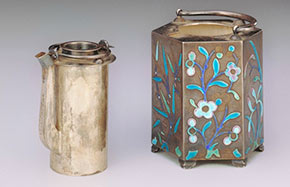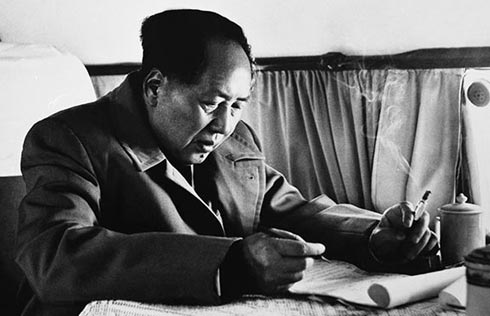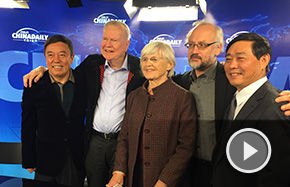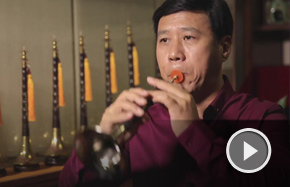Hanban shops around for a wider choice

Confucius Institutes are adding to their rich repertoire, as Sun Shangwu, Zhao Huanxin and Tang Yue report.
Related: Teachers bring home fresh ideas
Are you familiar with the name Confucius Institute? How about the idea of a convenience store for Chinese language and culture?
Hanban, the organization that promotes Chinese language and culture, is expanding its work to other fields, although not quite as far as convenience stores.
The leader of the organization hopes its overseas services will become more accessible, with a richer choice for clients, "like 7-Eleven".
"These stores are not very big, but you can see them everywhere and people can get virtually whatever they want whenever they go," said Xu Lin, director-general of Hanban, the nonprofit agency that administers Confucius Institutes worldwide.
"We are trying to do the same. Hopefully, we can also fill our shelves with diversified quality goods. So that those who want to learn Chinese and Chinese culture can have enough choices," Xu told China Daily in an exclusive interview in late August.
There is no way there can be as many Confucius Institutes as outlets of the world's largest convenience store chain. But they have been developing at an impressive speed since the first one opened in South Korea in 2004.
According to the latest figures, 429 Confucius Institutes and another 629 Confucius Classrooms have opened in 115 countries and regions around the world. And about 500 other overseas institutions have applied or shown willingness to collaborate with Hanban.
Meanwhile, the number of foreigners taking the Chinese proficiency test, the HSK, rose from 117,660 in 2005 to 3.5 million in 2012.
With more than 1,000 sites, Confucius Institutes have a widespread presence all over the world that is unmatched by other Chinese agencies or companies. Now in its ninth year, the institute is widely considered the country's best name card with a huge potential for sustainable growth.
"There are more than 10,000 teachers and volunteers in overseas Confucius Institutes and they are the living embodiment of China and Chinese culture," Xu said.
"I know a teacher in Afghanistan who was once only tens of metres away from a bombing on her way to work. They are just investing so much in this course."
Related: Dujiangyan temple holds ceremony in honor of Confucius
















